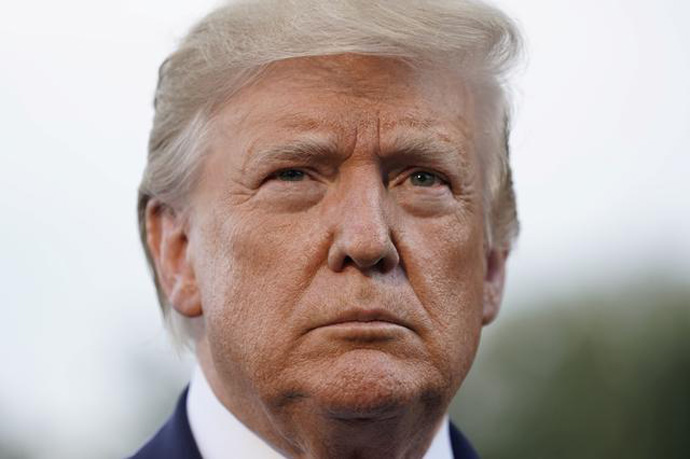Philip Cunningham, Independent Scholar
Feb 25, 2020
The hypocrisy of US Secretary of State Mike Pompeo in his hawkish criticism of China displays the fundamental undiplomatic character that has defined the Trump administration even in the face of the globe’s most recent crises.
Sun Chenghao, Fellow, Center for International Security and Strategy of Tsinghua University; Munich Young Leader 2025
Feb 18, 2020
What he didn’t say in the State of the Union address was more telling than what he did. One thing is clear: The president still has the ability to fire up his partisan base and compel the loyalty of Republicans in Congress. As a result, the politics of this election year will once again be profoundly divisive.

Elizabeth Drew, Washington-based Journalist
Jan 21, 2020
The recent tense, dangerous exchanges between the United States and Iran have revealed a great deal about US President Donald Trump’s management of his foreign policy. The main conclusion is that he doesn’t have one.

Joseph S. Nye, Professor, Harvard University
Jan 15, 2020
When I told a friend I had just written a book on morality and foreign policy, she quipped: “It must be a very short book.” Such skepticism is common. An Internet search shows surprisingly few books on how US presidents’ moral views affected their foreign policies. As the eminent political theorist Michael Walzer once described American graduate training in international relations after 1945, “Moral argument was against the rules of the discipline as it was commonly practiced.”
Jin Liangxiang, Senior Research Fellow, Shanghai Institute of Int'l Studies
Dec 04, 2019
Trump has succeeded at browbeating in a few cases, but his tactics have resulted in a global consensus that resistance is anything but futile.
Zheng Yu, Professor, Chinese Academy of Social Sciences
Oct 16, 2019
Unlike the Cold War, when the national strategies of the United States and Soviet Union shaped the course of world development, changes in the international pol
He Yafei, Former Vice Minister of Foreign Affairs
Oct 10, 2019
A tragic sensibility after the experience of two world wars compelled the United States to establish a new international order backed by American power. After decades of relative peace and prosperity, however, this sensibility is waning – as the United States demonstrates a lack of collective will to maintain its position on the global stage. As China increasingly assumes the position of a world power, it must maintain its tragic sensibility and awareness of crisis.
Lucio Blanco Pitlo III, President of Philippine Association for Chinese Studies, and Research Fellow at Asia-Pacific Pathways to Progress Foundation
Oct 08, 2019
U.S. President Donald Trump’s address to the 74th session of the United Nations General Assembly expressed to the world that the United States is pushing an increasingly nationalist agenda, much to the concern of many other nations. What are the implications of Trump’s message for the rest of the world?
Joseph S. Nye, Professor, Harvard University
Jul 17, 2019
US President Donald Trump has been accused of weaponizing economic globalization. Sanctions, tariffs, and the restriction of access to dollars have been major instruments of his foreign policy, and he has been unconstrained by allies, institutions, or rules in using them.
Joseph S. Nye, Professor, Harvard University
May 09, 2019
US President Donald Trump’s administration has shown little interest in public diplomacy. And yet public diplomacy – a government’s efforts to communicate directly with other countries’ publics – is one of the key instruments policymakers use to generate soft power, and the current information revolution makes such instruments more important than ever.
Back to Top

- China-US Focus builds trust and understanding between the U.S. and China through open dialogue among thought leaders.
- Our Offerings
- Topics
- Videos
- Podcasts
- Columnists
- Research Reports
- Focus Digest
- Stay Connected
-
Thanks for signing up!
- Get the latest stories from China-US Focus weekly.